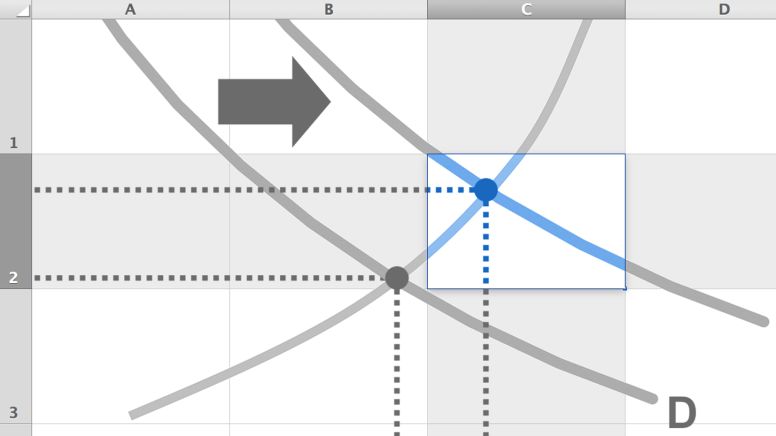Perspectives
Econ majors make great accountants

Econ major? You’ve got analytical superpowers. At one time, the forces that drive currency fluctuations, commodity prices and interest rates were a mystery to you. Then you studied economics.
You learned how macroeconomic forces affect microeconomic decisions. You sharpened your math and analytical skills. Now, you can explain to your friends why the price of their lattes have gone up. It’s like X-ray vision, allowing you to see through people and organizations to understand their motivations and decisions.
>> Match your econ courses to accounting courses and skills.
More than lattes
You probably want to do more with that knowledge than just explaining why the price of coffee went up, though. You’d like to work with real data and real situations.
Things like:
- Should manufacturing production be brought back to the U.S. from a Chinese factory?
- Given variations in interest rates, exchange rates and tax treatments, should a company borrow money in the U.S. or Europe?
- What can a business do now to prepare for a potential increase in commodity prices next year?
Real problems. Real world. Real impact.
The capstone for your economics degree
The real question is, “How do you get that kind of job?”
You could find an entry-level gig and labor away in a cubicle for years. Or you could earn a master’s degree that gives you the ability and credentials to make an impact immediately — a Master of Accounting (MAC) degree.
Big companies, government agencies and global consulting firms know that with a MAC degree you can solve all sorts of tax, auditing and accounting problems. Add in the insights you bring from your economics background, and you’ve got a real opportunity.
There’s more.
All that hard work you pumped into your undergrad econ courses will help you immensely as you pursue your MAC degree and, more importantly, when you’re working as an accountant. Yes, what you learn in school matters! To illustrate this, check out this handy grid that matches your econ courses with accounting courses and skills.
I’m interested!
Complete the fields below. Fields marked with “*” are required.